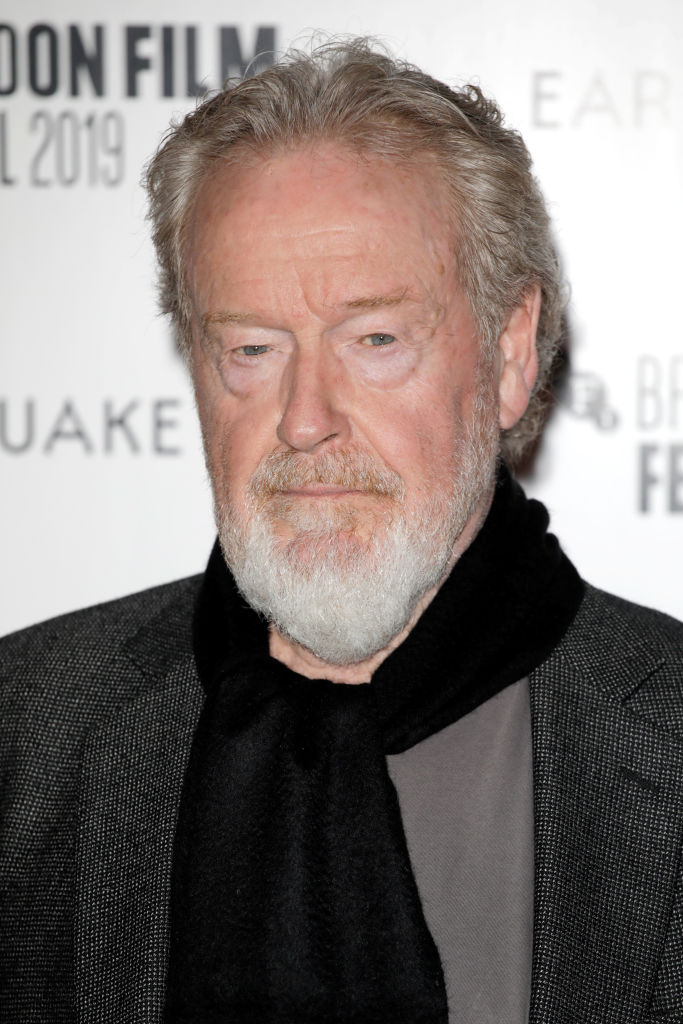
- Interviews
HFPA In Conversation: Ridley Scott Is Always Seeking the Truth
Raised by Wolves, Ridley Scott leaps forward in time to the end of humanity on Earth and shoots off to a faraway planet where humanity is to be restarted. He explores themes that are familiar from his previous work: androids, religion versus science, the fallibility of both human and non-human nature.
mso-fareast-font-family:"Times New Roman";mso-bidi-font-family:"Times New Roman";color:black’>“I’m always trying to circle the truth. And the truth is usually deep-seated in the back of your mind, half the mind it’s intuition, and if you express what you think, maybe the truth, people may think you are crazy, right?”, he tells HFPA journalist Sam Asi.
Ridley believes that we have been logically and genetically previsited. On Raised by Wolves he explores the idea of who or what is God. “Is that created by us, invented by us or social order one way or another, which religion, of course, has created disorder and wars. Is there a force power that is stronger than anything we can possibly imagine and therefore, when it’s unimaginable, it’s way beyond us?”
In the series, he also explores the idea that androids could be the new humanity. “Even the androids who are designed with perfection can even go off the rails, which they do. In other words, nothing is perfect, even a perfect computer. Here we are now with many, many, many superb machines and computers, and yet we are still as baffled as we were in 1919 with the COVID virus, isn’t that ironic?”
mso-fareast-font-family:"Times New Roman";mso-bidi-font-family:"Times New Roman";color:black’>After all, he describes himself as an optimist. “I mean, you have to be, because what I do for a living. I gamble. I invest my time in something that I really believe in. And you got to remember, going back 38 years or however long I’ve been doing it, I didn’t know I was going to be successful. What’s interesting, my first film, normal’>Alien, which worked like a son of a bitch. Then I did Blade Runner, I got killed. Then I did Legend, I got slaughtered. But those films, when you look at them today, they’re still running. So, who was right? And you know what? Well, I don’t care. I am more grateful that I’m allowed to do what I’m doing today at my age. I’m thrilled to bits. That’s it.”
The Martian and is there life out there; what kind of metaphor he likes to use when expressing how to get a perspective on yourself; what is religion and where it begins; why he is fascinated with ancient Egyptians; why mortality and immortality are important themes in his movies and TV shows; why he labels both science and mathematics as art; why he stopped going to church; why he calls himself agnostic; what is his definition of ‘soul’; what is his take on artificial intelligence; why he thinks Stanley Kubrick’s work is very special; whether there is a point of saving humanity; what is his opinion about rules without any significant subtext; does he feel that people miss the message of his movies?; why he doesn’t read press about himself; why he likes tennis; how Blade Runner became a cult film; and why he thinks that The Counselor is one of his best movies.